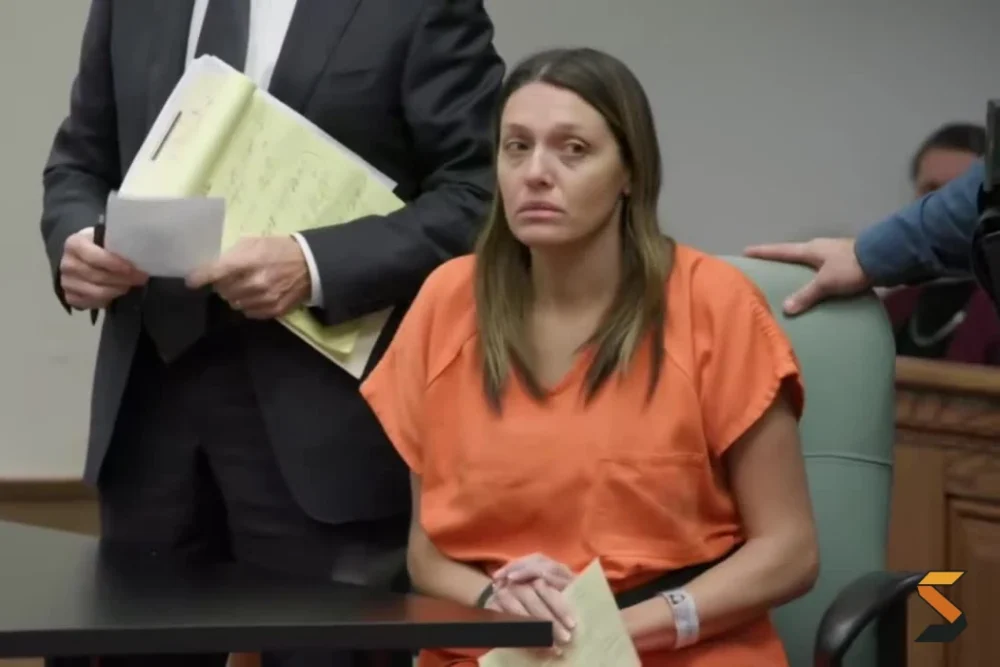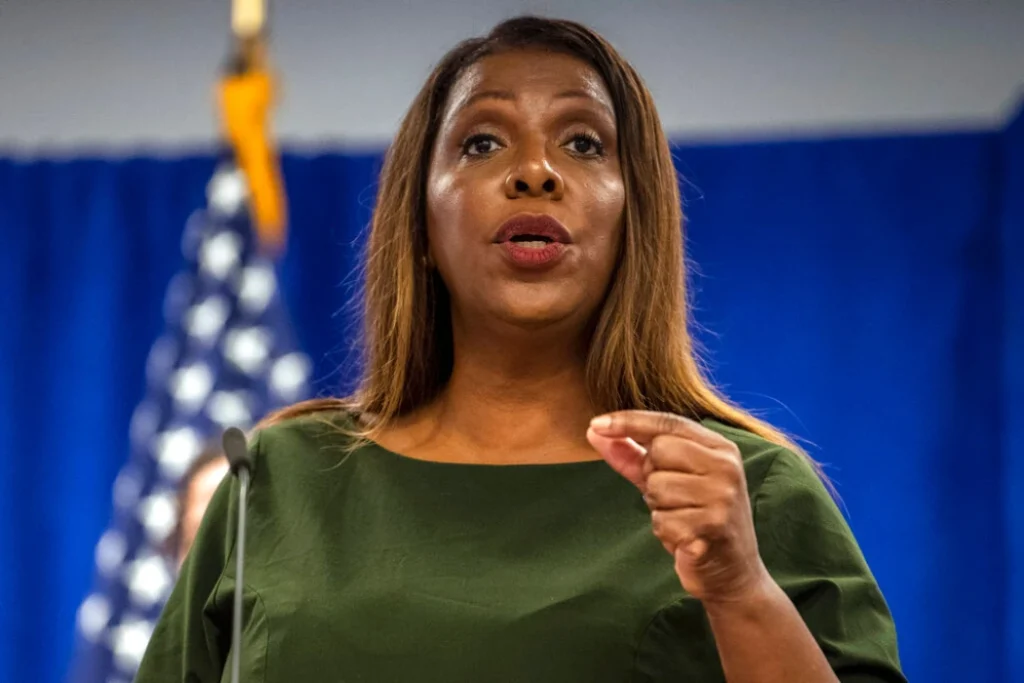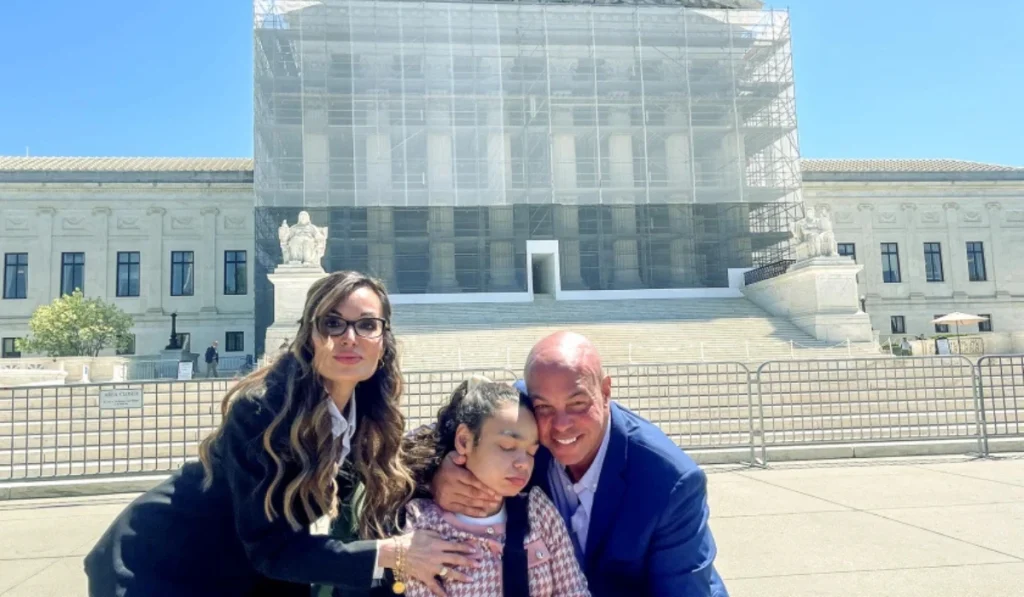The quiet community of Cape May, New Jersey, has been rocked by a grand jury indictment that casts a long, dark shadow over the sacred trust placed in educators. Laura Caron, a 34-year-old former fifth-grade teacher at Middle Township Elementary School, now faces grave charges of first-degree aggravated sexual assault, second-degree sexual assault, and second-degree endangering the welfare of a child. The allegations are not just disturbing; they paint a picture of a profound betrayal, claiming Caron engaged in a sexual relationship with a student who was living in her home, beginning when he was just 11 years old. More shockingly, prosecutors allege Caron gave birth to a child in 2019, when the alleged victim was 13, and that he is the father.
This case, unfolding just a short distance from our New York communities, hits particularly close to home for parents, educators, and professionals who dedicate their lives to nurturing and protecting children. It’s a stark, painful reminder that the very spaces and individuals we rely on to guide our youth can, in the most horrific scenarios, become sources of unimaginable harm.
The details emerging from the Cape May County Prosecutor’s Office are chilling. Investigators allege that the abuse spanned from 2016 to 2020. The victim, who is now between 19 and 20 years old, has reportedly confirmed to investigators that he was in a sexual relationship with Caron and that he fathered her child. Court documents reveal that the boy and his siblings would sometimes stay with Caron at her home with their parents’ permission, and the alleged victim began living with Caron full-time in 2016. His sister reportedly told investigators she remembered going to sleep with her brother in the same room, only to later find him in Caron’s bed, alleging the teacher began sleeping with the boy when he was 11. Another sibling claimed to have witnessed Caron sexually assaulting his brother while the child was asleep.
The gravity of these allegations cannot be overstated. “These allegations are deeply disturbing, particularly given the position of trust the defendant held in relation to the victim,” stated Cape May County Prosecutor Jeffrey H. Sutherland in a press release. This sentiment resonates deeply within our communities, where teachers are often seen as pillars of guidance and safety, second only to parents. The alleged exploitation of a child, particularly one living under the perpetrator’s roof, represents a catastrophic breakdown of responsibility and a profound abuse of power.
For those of us at TheStandardNY.com, dedicated to fostering environments where children can flourish, this case serves as a somber call to action. It forces us to confront uncomfortable truths about vulnerability, power dynamics, and the insidious ways in which trust can be manipulated. While the legal process will determine Caron’s guilt or innocence, the allegations themselves demand that we, as a collective, re-evaluate and strengthen our defenses against such atrocities.
So, what can we, as a community of concerned parents, dedicated educators, and committed professionals, do in the face of such a harrowing story?
Firstly, we must champion open and honest conversations with our children. Creating an atmosphere where children feel empowered to speak about anything, without fear of judgment or reprisal, is paramount. This means actively listening, validating their feelings, and reassuring them that their concerns are always important. Resources are available, such as the National Child Abuse Hotline at 1-800-4AChild, which provides a vital lifeline for reporting suspected abuse and accessing support services.
Secondly, understanding the subtle and overt signs of abuse is a critical skill for every adult. While every child’s reaction to trauma is unique, common indicators can include sudden changes in behavior, unexplained withdrawal, increased secrecy, an unusual fear of a specific adult, or a noticeable decline in academic performance. For those in educational settings, the legal mandate to report suspected abuse is not just a policy; it’s a moral imperative. School districts must ensure that reporting protocols are not only clear and accessible but that all staff receive consistent and thorough training on how to identify and report potential abuse effectively.
Thirdly, the establishment and unwavering enforcement of professional boundaries are non-negotiable. The lines between an educator’s personal and professional life must remain distinct and uncrossed. The Caron case serves as a devastating illustration of the consequences when these boundaries are obliterated. School systems must implement and regularly reinforce stringent codes of conduct, provide continuous professional development on ethical behavior, and maintain robust vetting processes for all personnel, including comprehensive and recurring background checks.
Finally, and perhaps most profoundly, we must actively work to dismantle the pervasive culture of silence that often surrounds abuse. Shame, fear, and even a misplaced sense of loyalty can trap victims in a cycle of suffering and allow perpetrators to continue their actions unchecked. By cultivating communities rooted in trust, empathy, and unwavering support, we can create environments where speaking out is not just encouraged, but celebrated as an act of immense courage and a crucial step towards healing and justice.
Laura Caron was arrested in January and released on bail. She has not yet entered a plea, and her next court appearance is scheduled for July 16. If convicted on all three charges, she could face up to 40 years in prison.





